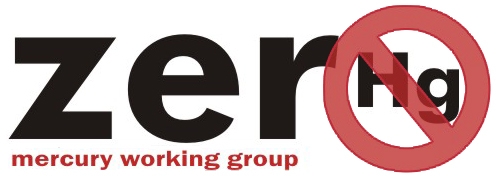One of the major uses of mercury compounds as biocides was as seed dressing. These uses have been discontinued or banned in many countries (UNEP, 2002). In the former Soviet Union the production of organomercurial pesticides was initiated in 1955 with a production that reached 200 metric tons/year by 1960. The main compound used was ethyl mercury chloride, but 14 different compounds are known to have used as pesticides in the country. Production of organomercurial pesticides in the Russian Federation has ceased, but it is estimated that in recent years 20-40 metric tons has annually been used from stocks (Lassen et al., 2004).
A station for collecting of mercurial waste in the town of Karpogory has been established by the Norwegian Climate and Pollution Agency in cooperation with the regional authorities in Arkhangelsk. As part of the project, the Russian partners have organized an information campaign for schools, colleges and kindergardens. Pollution from the dangerous metal has for many years been a serious problem in Arkhangelsk Oblast.
In Australia, a liquid fungicide product containing methoxy-ethyl mercuric chloride is used to control pineapple disease in sugarcane sett (UNEP, 2002). In India the use of organomercurial pesticides in 1999-2000 reported by the Directorate of Plant Protection was 85 metric tons, although production seems to have ceased (Wankhade, 2003). Formerly a number of mercury-based pesticides were used in India, but today most are banned.
Unused product, including stocks of obsolete pesticides, may be lost or disposed of with normal waste or through special disposal programs.
Relevant legislation and NGO policy work
The sale and use of pesticides containing mercury for plant protection purposes, and as a seed dressing, have been severely restricted or prohibited/discontinued in a large number of countries throughout the world, although certain limited uses remain in some countries.
Globally
The Minamata Convention on Mercury, under Article 4 requires that Each Party shall not allow, by taking appropriate measures, the manufacture, import or export of mercury-added pesticides, after 2020, except where the Party has a registered exemption pursuant to Article 6.
In the EU
In the EU, the sale and use of pesticides based on mercury compounds for plant protection are prohibited by Directive 2009/128/EU and its amendments. This also applies to seed treatment.
The prohibition of the manufacture, export and import of mercury added biocides, after 31.12.2020, is covered by the Mercury Regulation (EU) 2017/852 which complements a large body of existing EU environmental law on mercury.

